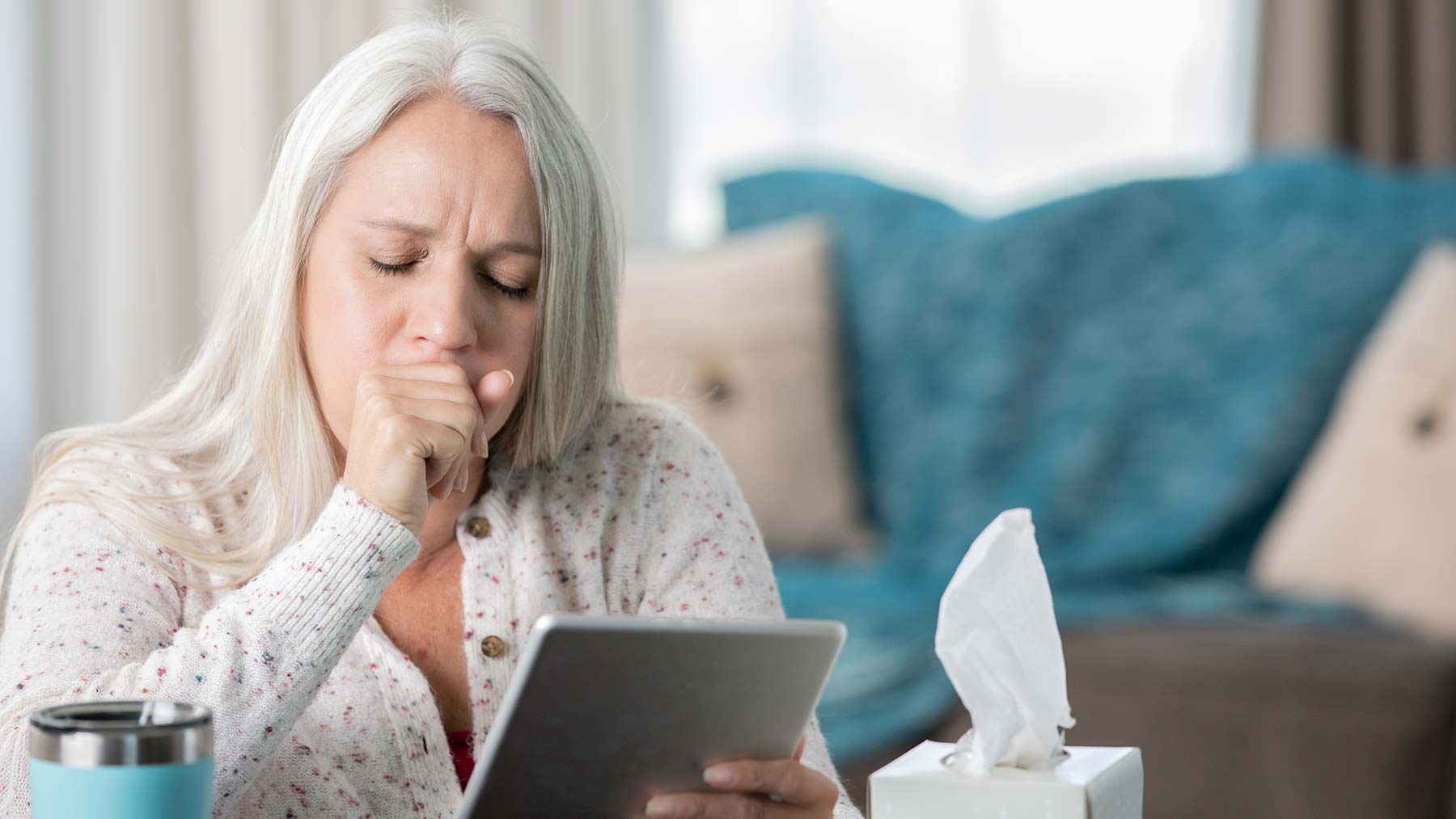I recovered from COVID-19, can I get it again?

Editor’s note: As what we know about COVID-19 evolves, so could the information contained in this story. Find our most recent COVID-19 blog posts here, and learn the latest in COVID-19 prevention at the Centers for Disease Control and Prevention.
The medical community is learning more and more about COVID-19 and how it’s impacting people in the United States and around the world. One of the many questions that’s yet to be fully answered is the immune response once someone is infected with the coronavirus virus that causes COVID-19.
The immune response
Usually when the body is infected with a virus, antibodies are made to help fight off the virus and protect the body from future infection. Given the novel nature of the coronavirus virus, very little is known about immunity. Some experts suggest immunity could last up to several years, while others have suggested that immunity could be mere months. During the 2003 SARS outbreak, antibodies were found to last for three years but, during the MERS outbreak in 2012, antibodies were noted to last one year.
Another thing to keep in mind is the quality of the antibodies the body produces. The strength of the body’s antibody response determines how well the virus is attacked. Additionally, decreasing immunity over time factors into how well the body is able to respond to a repeat infection. Young people tend to have healthier immune systems and would likely generate a stronger immune response and likely have stronger future immunity.
Prior COVID-19 infections
Some people may wonder if they’ve had coronavirus in the past and didn’t realize it. At this time, current COVID-19 testing detects an active infection. It can’t determine if you’ve had it in the past. Research efforts are under way to find a reliable antibody test.
Potential repeat COVID-19 infections
Of patients who were found to be COVID-19 positive, recovered and then tested positive again, it’s thought that these cases were less likely due to reinfection and more likely due to undetected infection.
Protect yourself and others
What we do know is the vast majority of people with COVID-19 in China were asymptotic, meaning they had no symptoms or mild symptoms. Asymptomatic carriers have the ability to unknowingly transmit the virus to others. That’s why it’s so important for everyone to practice social distancing, frequent handwashing, cover coughs and sneezes, clean high-touch surfaces and wear a cloth face mask in public places.
Sophia Tolliver is a primary care physician at The Ohio State University Wexner Medical Center and an assistant professor of family medicine at The Ohio State University College of Medicine.




